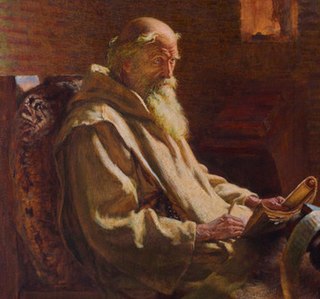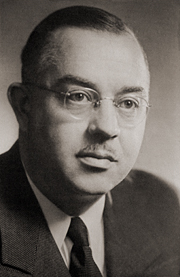A Quote by William Penn
If thou wouldst conquer thy weakness, thou must never gratify it.
Related Quotes
Wouldst thou know the lawfulness of the action which thou desirest to undertake, let thy devotion recommend it to Divine blessing: if it be lawful, thou shalt perceive thy heart encouraged by thy prayer; if unlawful, thou shalt find thy prayer discouraged by thy heart. That action is not warrantable which either blushes to beg a blessing, or, having succeeded, dares not present a thanksgiving.
If thy desire to raise thy fortunes encourage thy delights to the casts of fortune, be wise betimes, lest thou repent too late; what thou gettest, thou gainest by abused providence; what thou losest, thou losest by abused patience; what thou winnest is prodigally spent; what thou losest is prodigally lost; it is an evil trade that prodigally drives; and a bad voyage where the pilot is blind.
It seems that wherever the Welfare State is involved, the moral precept, "Thou shalt not steal," becomes altered to say: "Thou shalt not steal, except for what thou deemest to be a worthy cause, where thou thinkest that thou canst use the loot for a better purpose than wouldst the victim of the theft."




































